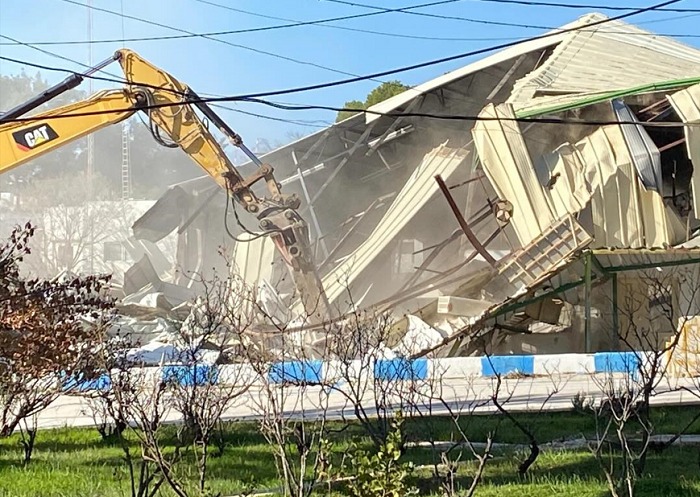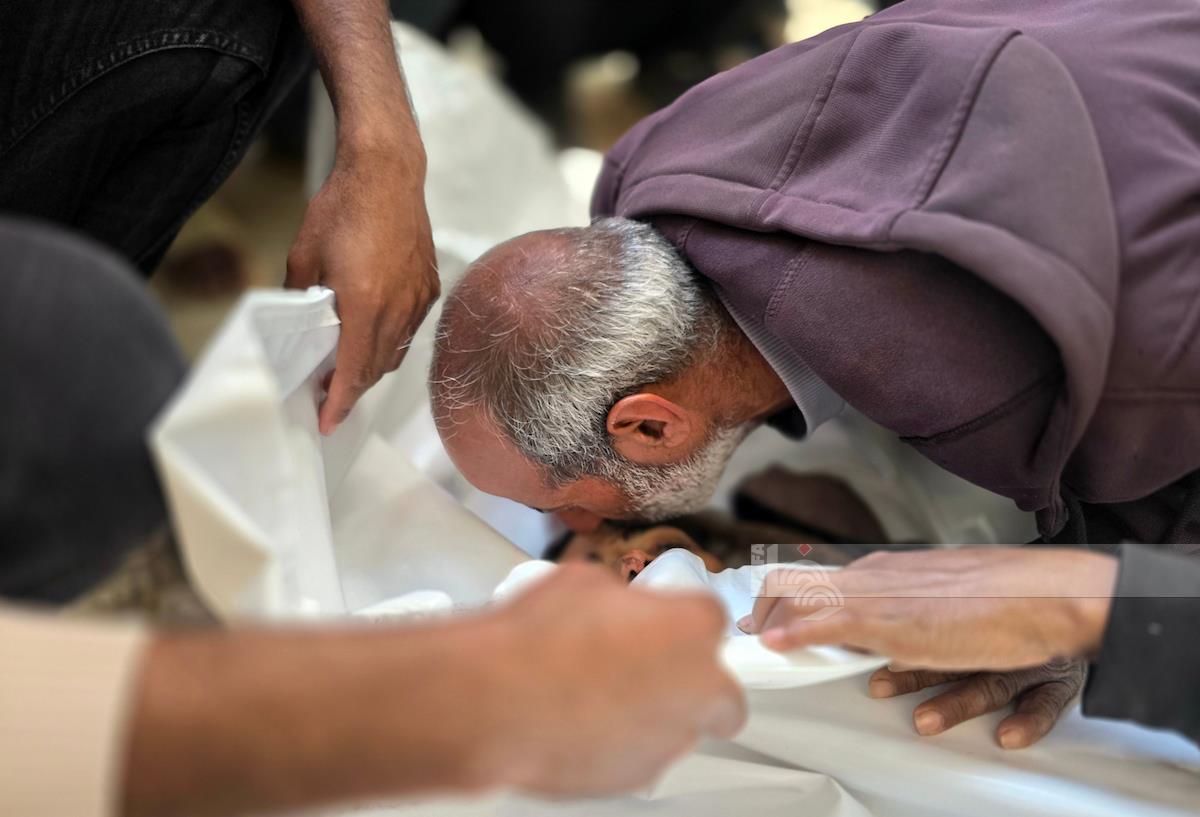CAIRO, November 15, 2025 (WAFA) – Adnan Abu Hasna, the media advisor for the United Nations Relief and Works Agency for Palestine Refugees (UNRWA), has called attention to the dire situation facing Gaza's displaced residents, particularly as they endure heavy rainfall amid severe restrictions on the entry of humanitarian aid by Israel.
Abu Hasna stated that Gaza is experiencing a "catastrophic" health crisis, with most residents drinking water contaminated with nitrate and salt levels nine times higher than global standards, leading to outbreaks of liver diseases, meningitis, gastrointestinal illnesses, and respiratory infections. Additionally, there has been a rise in cases of kidney failure and cancer.
Speaking to WAFA, Abu Hasna explained that thousands of families are now exposed to the harsh weather conditions, with many of the tents no longer providing adequate shelter. He pointed out that while UNRWA has hundreds of thousands of blankets, mattresses, and tents sufficient for about a million people, accessing these supplies is extremely difficult due to Israeli restrictions controlling 54% of the Gaza Strip.
Abu Hasna emphasized that many areas within the "yellow line" are inaccessible to aid workers, preventing UNRWA from delivering essential supplies to those most in need. He also noted that Israel has rejected around 23 requests to allow the entry of vital supplies, including tents, into Gaza.
Regarding Gaza's health crisis, Abu Hasna revealed that around 16,500 patients need medical care outside of Gaza, and that 90% of Gaza’s population suffers from various degrees of malnutrition.
On the subject of reconstruction, Abu Hasna stated that the scale of the destruction in Gaza this time is unprecedented, with entire cities, like Rafah, being completely wiped out, and others such as Beit Hanoun and Beit Lahiya still under heavy bombardment despite the ceasefire. "The scale of destruction exceeds UNRWA's capabilities, but the agency is ready to participate in the reconstruction effort with its vast experience," he said.
He also noted the significant threat posed by unexploded ordnance scattered across Gaza, which poses a serious risk to civilians.
Abu Hasna stressed the importance of ensuring the continuity of UNRWA's work, emphasizing that the upcoming vote on extending the agency's mandate at the UN General Assembly is crucial for maintaining its operations.
He also praised the European Parliament and EU member states for increasing financial support to UNRWA, which he described as a crucial step in countering attempts to delegitimize the agency and undermine its mandate. He called for increased international efforts and support for UNRWA's mission, stressing that the agency's experience over 76 years has made it the largest and most capable provider of humanitarian aid in the region.
M.N










